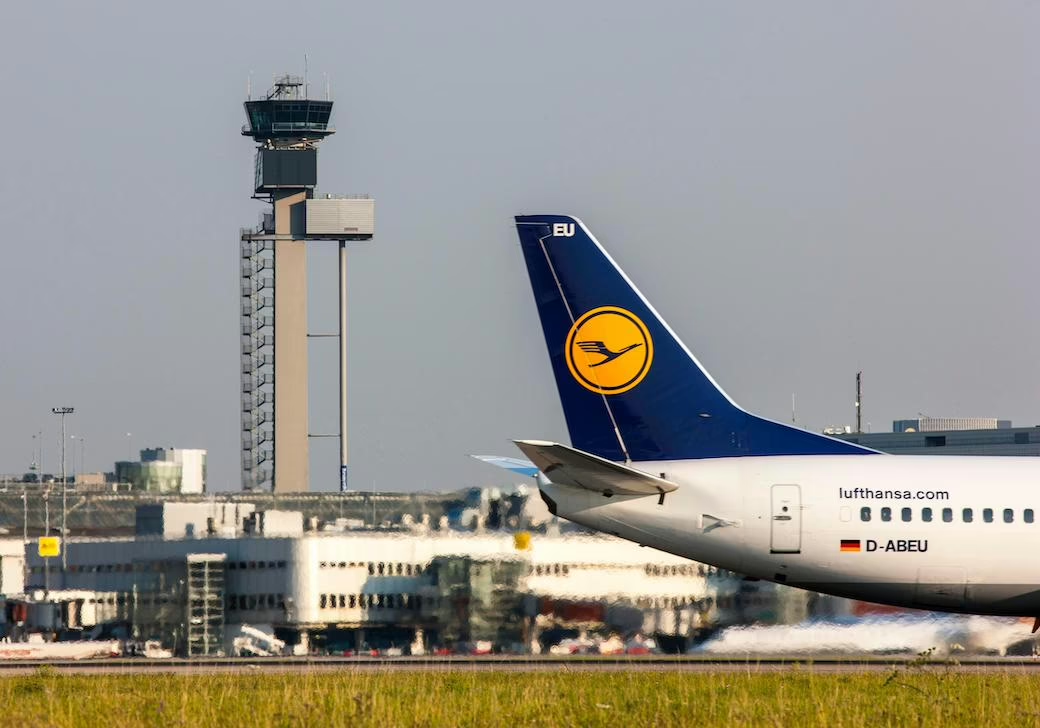
IATA and Airlines for Europe (A4E) have urged EU transport ministers to agree to recommendations for European air traffic management (ATM) performance to be reviewed by an independent regulator.
The transport ministers are scheduled to meet Dec. 5 to forge an agreement on their ATM position for negotiations with the European Parliament. The discussions are expected to focus on a 2020 proposal from the European Commission (EC)—the EU’s policy-making body—that calls for an independent regulator to assess the performance of European air navigation service providers (ANSPs).
Regrettably, say IATA and A4E, EU member states have rejected this proposal.
The European Parliament, in line with the EC’s proposal, has pushed for tougher regulation, but airlines fear a last-minute unsatisfactory compromise that will enable states to be judge and jury on the targets for their own ANSPs, how they should be monitored and what their success will look like.
“Teams at the [soccer] World Cup expect independent referees. Air traffic management should be no different,” IATA VP for Europe Rafael Schvartzman says. “The 2020 commission proposals were clear that countries shouldn’t be marking the homework of their own ANSPs. They should submit their performance to be judged by an independent body, setting transparent and efficient targets to help cut emissions and delays.”
Efforts to improve air traffic control (ATC) efficiency in Europe through measures such as the Single European Sky project—under which many national airspace borders would be removed and more direct routings would be allowed—have been moving at glacial pace for more than 20 years. Many member states are reluctant to cede sovereignty over their airspace, while ATC unions fear the loss of jobs.
IATA and A4E believe nations must take the reins.
“EU member states, fearful of the political consequences of upsetting powerful air traffic controller unions, have continually frustrated progress toward the safety, efficiency and environmental improvements that would be generated by the Single European Sky,” Schvartzman says. “But the imperative to find carbon-emission savings has generated new momentum for reform. Airlines support the 2020 commission proposals, which include a new and welcome opportunity to optimize flight trajectories.”
A4E’s managing director, Thomas Reynaert, adds: “At a time when politicians lecture aviation on a regular basis for its climate impact, it is outrageous that they refuse to push for reforms that could deliver up to 10% emission reductions in European airspace.”
Reynaert says the upcoming meeting of EU transport ministers represents a chance to push for meaningful improvements. “Europe’s airlines must urge ministers to seize the opportunity and implement the European Commission’s proposals to achieve a good deal for member states, airlines and the environment,” he says. “We cannot accept compromise for compromise’s sake.”



